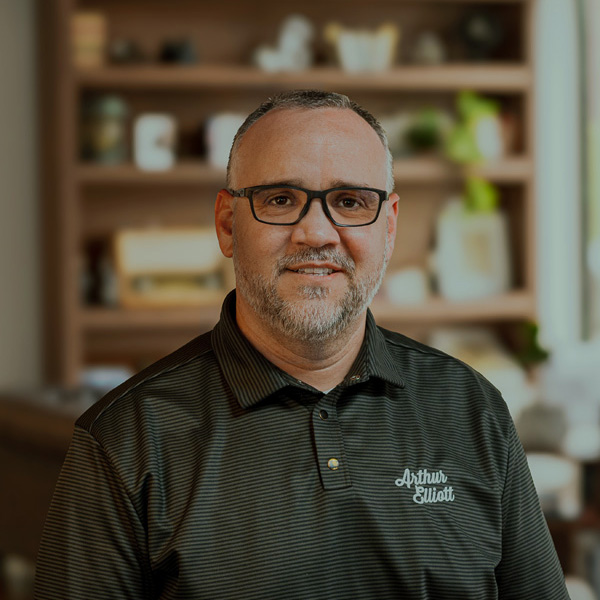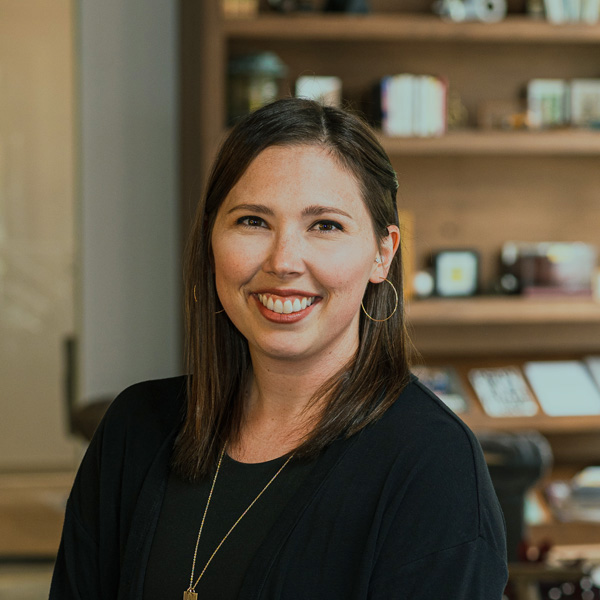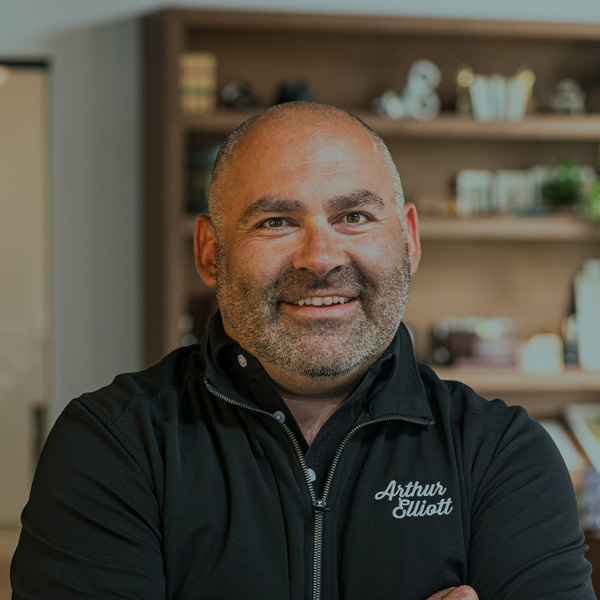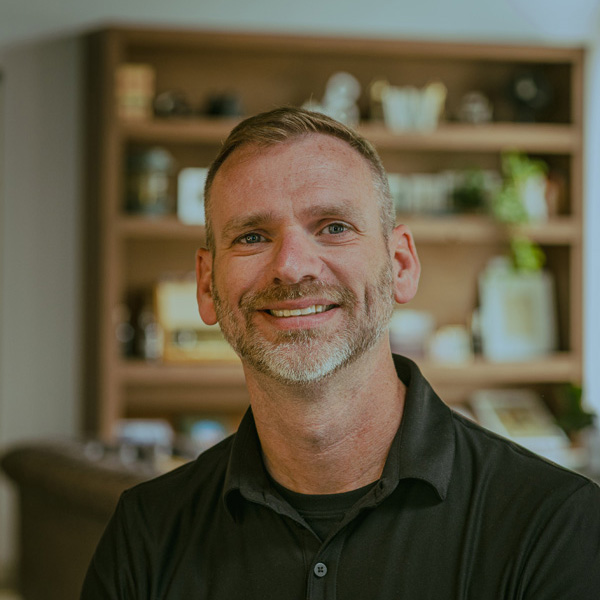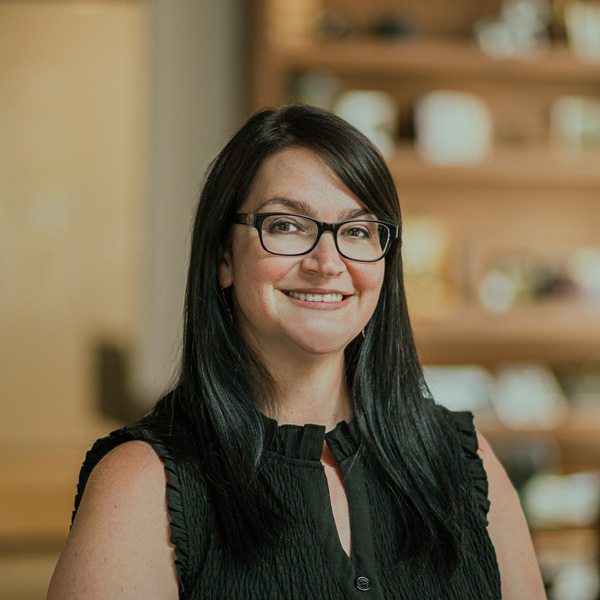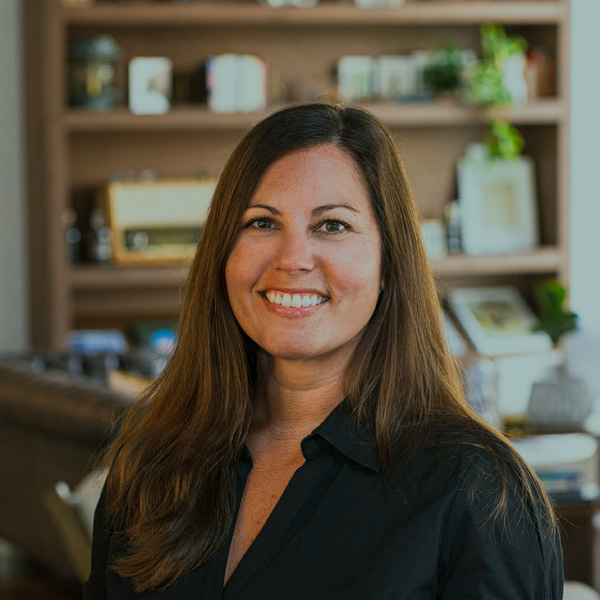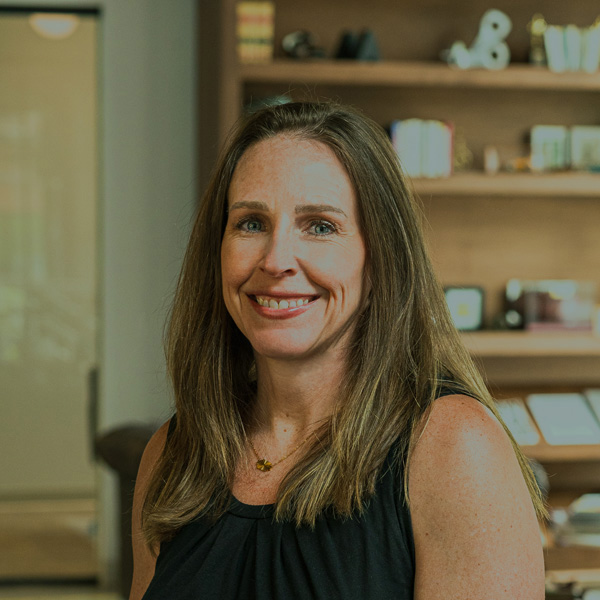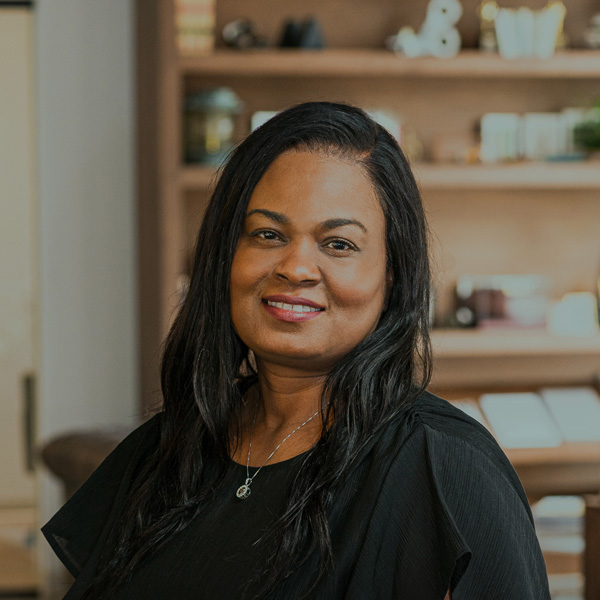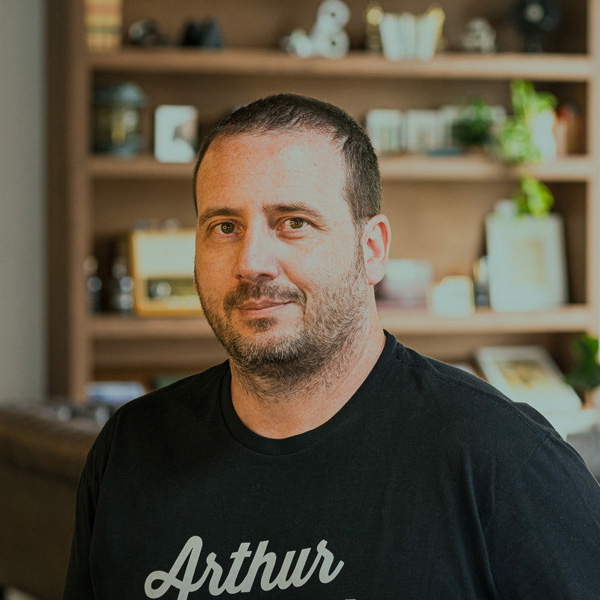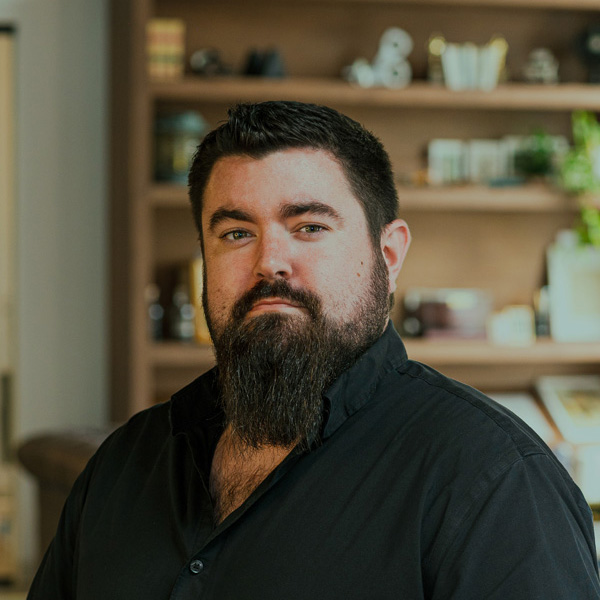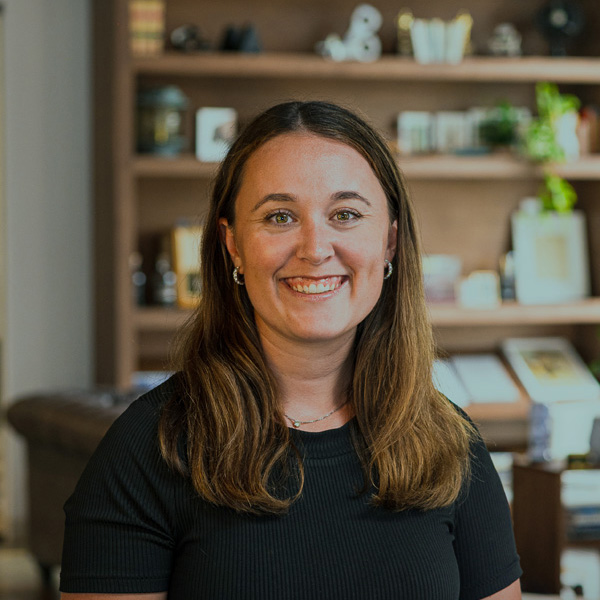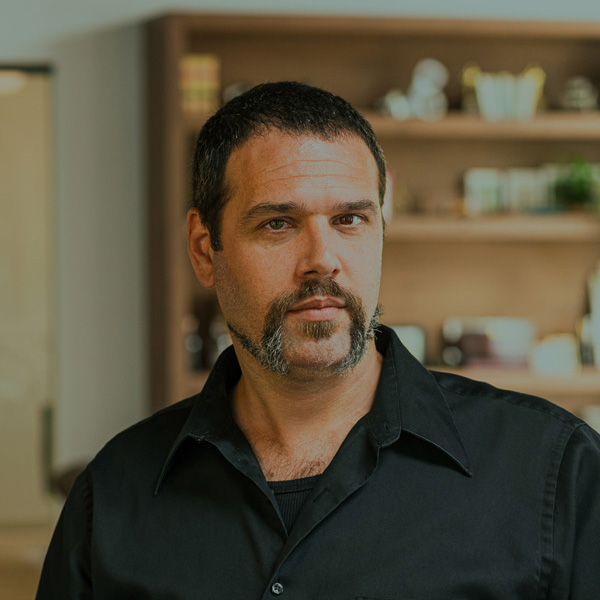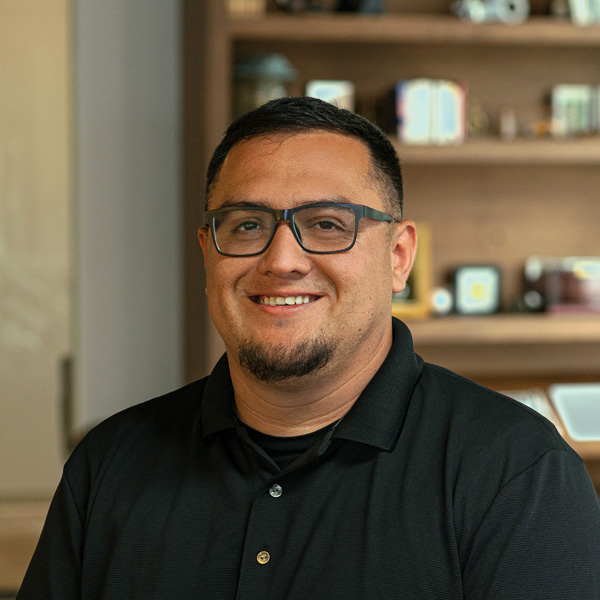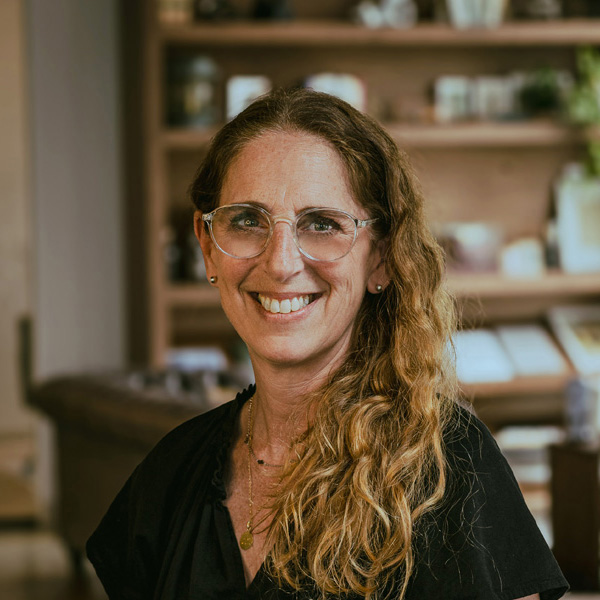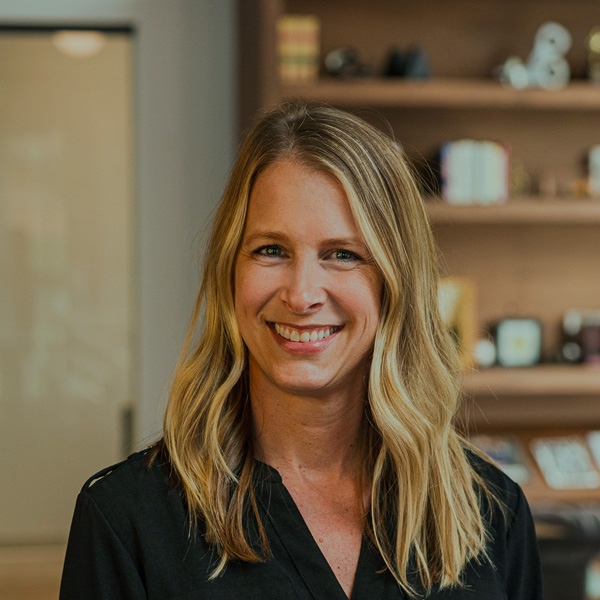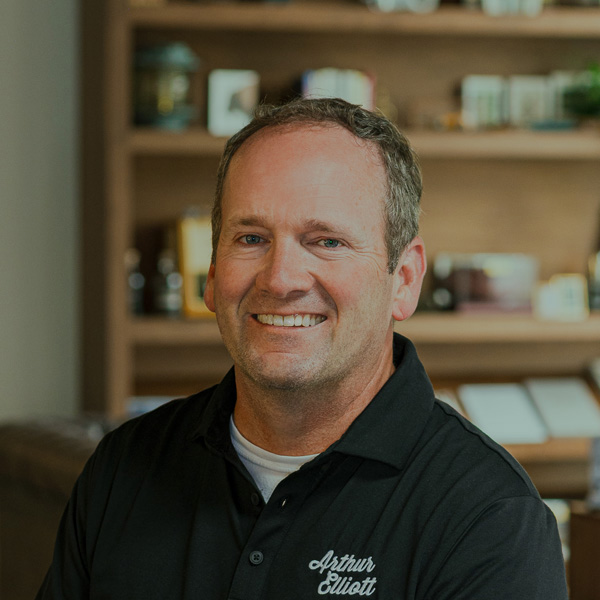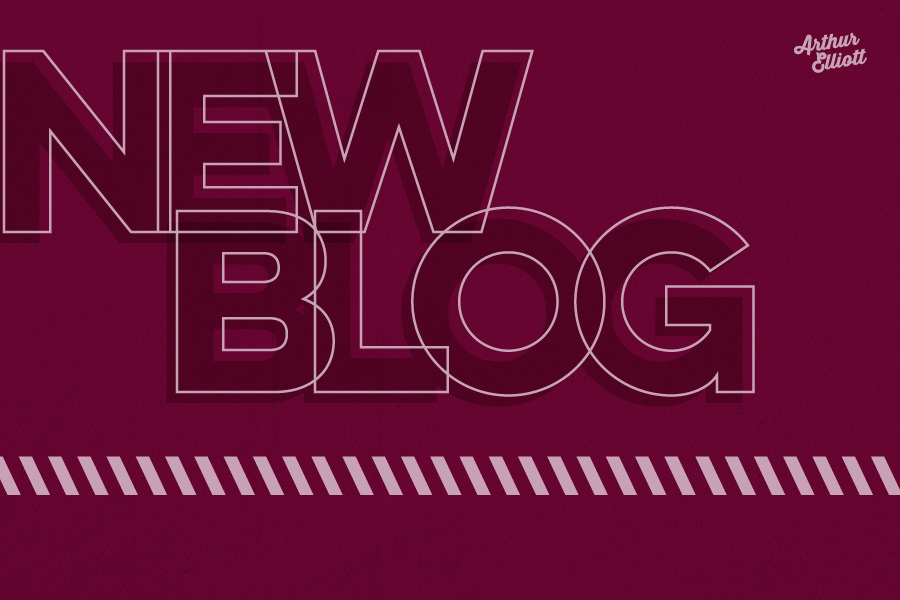Michael Boles | DC: Maine | Stores: 27
Arthur Elliott has allowed us to grow our marketing by leaps and bounds. When we started with Arthur Elliot we were on the radio, in a couple of weekly papers and had a defunct website. AE has helped me streamline the radio advertising and make sure I get the same ads on all stations. We have also been able to expand on print advertising and added some digital banner ads. AE makes sure every month the radio, print and digital ads are fresh and consistent. AE has built a website, and then redesigned it. They are currently working with us on ways to use the website for internal communication throughout the company. They have maintained Facebook pages for all our locations with a few posts each month, plus whatever content I ask them to post. They have designed fliers, mailers, billboard signs and help me with slides for the digital road sign I have at the Ellsworth location. This has allowed me time to grow into TV advertising as well as OTT advertising. I was able to bounce ideas off AE and get direction from their team. We are now looking into promotional events and sponsorships. I know I have left out things that AE has done for me, but the biggest, most important thing is that I know if I have any questions or concerns about marketing, I only have to pick up the phone or send a text.
Craig Fuson | DC: Indy | Stores: 7
I have been participating with the NAPA Indianapolis group for a long time and it is readily apparent that with you (Arthur Elliott) on board, our advertising efforts have never been in better hands. Thanks for what you do to help our NAPA stores be successful every day.
Rob Milliken | DC: Phoenix | Stores: 4
Working with AE has allowed me to take the time that I would have to dedicate to research, education, implementation and follow-up of the entire marketing portion of our business and redirect it toward other areas. Their knowledge of the rapidly changing digital and advertising world has given us the confidence that we have knowledgeable people maximizing our impact with our limited advertising dollars. They have also been very helpful in the human resources recruiting and retention areas of our business, which has been extremely competitive and frustrating in recent years. AE is fantastic about sharing with us what is working (and not) in other markets. They bring tons of ideas and suggestions for programs and advertisements. Their knowledge of NAPA Auto Parts is unrivaled with any other company and most suppliers that we deal with.
Marty Huntley, ISO | DC: Nashville | Stores: 2
Arthur Elliott has been there helping me make all my events successful. Without them, all the advertising, event planning, social media, etc., falls on me. They help me look professional, drive sales and are there for anything I need.
Jose Cabrera & Devan Stewart | DC: Fresno | Stores: 3
Arthur Elliott has brought more customers in our store (especially retail) than all our local advertising efforts combined. From grand opening mailers to window graphics to custom made and personalized logos for our business, they always come through. Since their help advertising and geofencing with our grand opening celebration 1 year ago, we have seen a +20% increase in retail and are continuing to grow. We would be wasting our money going anywhere else; Arthur Elliott is worth every cent.
Heather Zimmerman | DC: Billings | Stores: 2
Working with Arthur Elliott has been great! They care about our business. Erin has assisted me in more than one rush request without complaint, caring most about the end result and how it will help our stores. Having their help has made our ads more professional, allowing me to be more confident in local ad — and more confident that the customer is getting the message we are trying to put out there.
Dave Simon, ISO | DC: Grand Rapids | Stores: 1
Arthur Elliott has had a big impact on my business. They work with my store to create unique campaigns and solutions to drive business.
John Zowada | DC: Billings | Stores: 10
Arthur Elliott has helped our business on many levels. They have great ideas and know how to implement them on the street because they know NAPA. That's what makes them so valuable to me and my business.
Larry Hardin | DC: Billings | Stores: 1
Working with Arthur Elliott has been great for our store. Every month right on time our account executive Erin sends me files for our radio ads, which I forward to the radio stations we advertise on. This helps the radio stations as well as us knowing that the information they play is exactly what we want to say, and they don't have to come up with the ads on their own.
Also, when NAPA decided to quit providing the digital ads we play on the television we have in the store, Erin went to work and took the pictures and information from each month’s sales ads and put them in digital form for us to play in the store. This alone generates a lot of sales because people can look at a sales flyer and not notice much but when they see it playing on TV it seems to really catch their interest. Erin is always very prompt. For example, I needed statement stuffers for our customer appreciation bar-b-que by the 1st of the month. Like always, I got busy and didn't contact her until very late in the month. I gave her the information we needed to print on them, and we had printable copies sent back on the same day. I used a NAPA provided service like this a few years ago and I had to give them several weeks’ notice to get the same type of statement stuffer done.
Erin and her team have always done a great job for us, and we are very happy that this is the advertising company that NAPA Billings has chosen to use.
Thad Smith | DC: Grand Rapids | Role: Sales Manager
I would highly recommend working with Arthur Elliott. You and your team have always been very helpful and responsive to all our needs. Looking forward to many years to come!
Nathan Kubistek | DC: Altoona | Stores: 26
For 2023, we decided to turn all our social media, graphic design, and advertising needs over to Arthur Elliott. This has made our advertising efforts much easier with a “one stop shop”. Arthur Elliott provides us high end results in all facets of advertising with substantial increased exposure to our key customers. I am confident that when I turn a project over to Arthur Elliott the job will get done and it will be quality work and, more importantly, increase our business.
Michael Pelley | DC: Denver | Stores: 6
Arthur Elliott has been an invaluable asset in the areas that we struggle the most with. They have filled that void and helped us with our biggest pain points. They are constantly communicating with us and listening to our most pressing needs and coming up with solutions and resources to those problems. Recruitment, social media, and additional advertising are all interconnected and reliant on one another in today's digital world. Arthur Elliott helps tie those altogether and gives us a package deal in the areas we struggle the most with.
As a multi-store group, the AE team has been clear that they are a resource to anyone on our team. Our store managers and wholesale managers all have their contact info and can call them anytime they have a need. They also help us as a multi-store group keep that connection to the local communities our stores preside in. Our family owned / locally owned perception is a competitive advantage that we have over most of our competition and AE helps us maintain and foster it through branding, advertising, community involvement and support.
Chad Day | DC: Phoenix | Stores: 4
I am a second-generation NAPA store owner. I have seen many different structures of marketing plans over 51 years and none of them have been as effective as our current model with Arthur Elliott.
Arthur Elliott has helped my business grow on both the wholesale and retail segments of the business. The retail business has shown the biggest increases and I attribute a large portion of those increases to the geofencing and the targeted marketing they do for me. On the wholesale side of the business the customer appreciation events we have planned are building customer loyalty with new customers and solidifying the long business relationships we have had with our existing customers.
My stores are all very different. I have 2 large market stores, 1 medium market store and a small market store. In my experience no other advertising program structure has been as effective as the current structure. They have come up with specific plans for each store. They are all different based on the customer demographics that I have in those locations. Arthur Elliott has targeted the customer segments I was not reaching in that market. The most beneficial tool Arthur Elliott has for my business is the tangible data on the program’s effectiveness. I look forward to the continued success we have achieved.
Joe Ward | DC: Fresno | Stores: 3
Arthur Elliott provides me with a more streamlined and focused marketing strategy to our installer customers. They help us push in-store events and new product launches. We now have a personalized online presence, allowing customers to know that we are locally owned. Having their services is a great compliment to the national marketing strategy, allowing me to reach out on a micro-scale with more precision to my target audience vs. only the ‘broad strokes’ that national provides.
